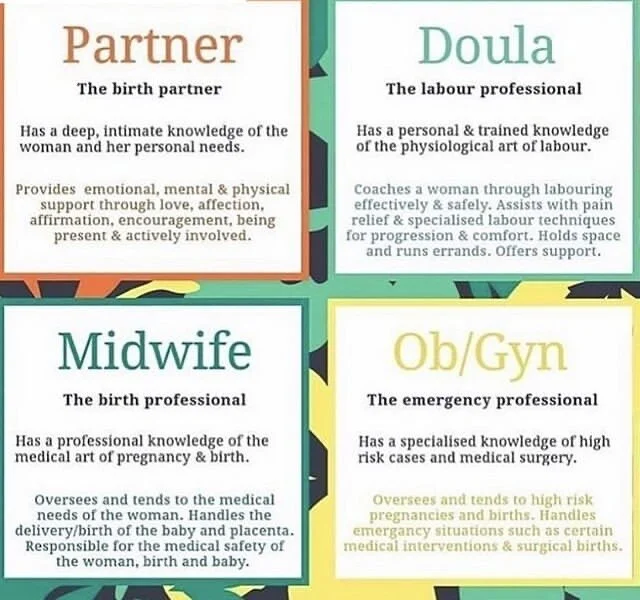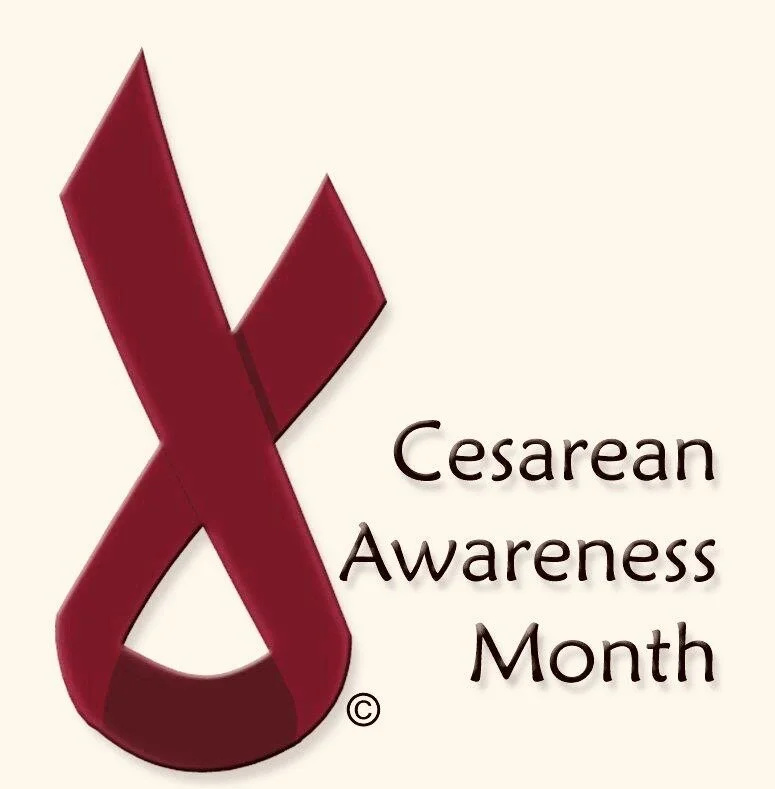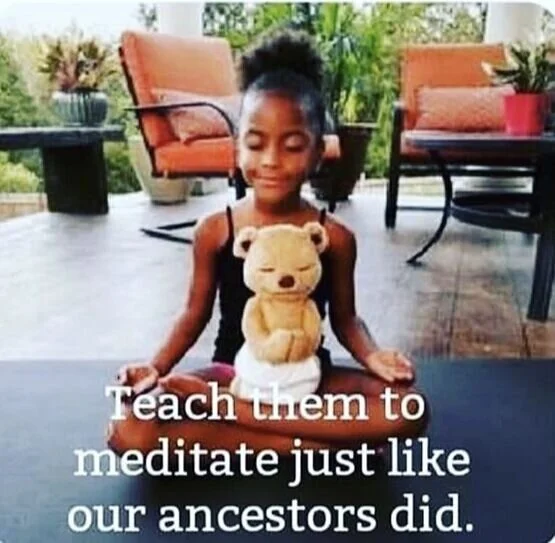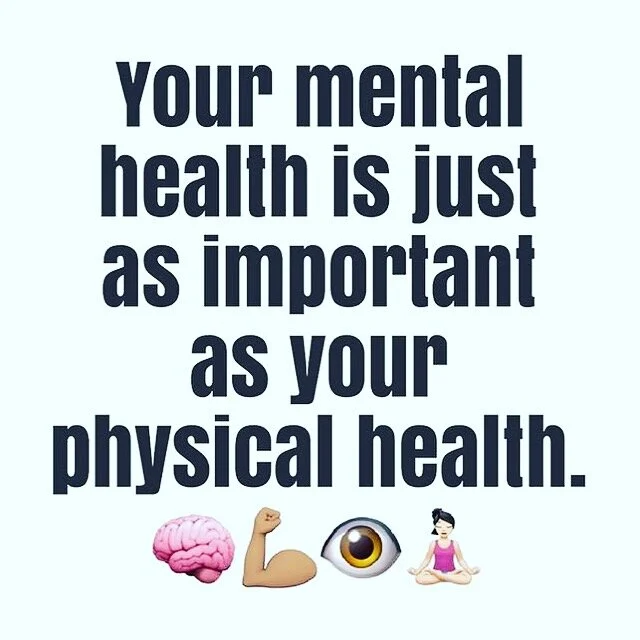Are you a new mother? Are you familiar with all the birth professionals who assist mothers during labor? If you are planning to give birth it is very important that you are aware of your options so that you can pick what is best for you. Keep in mind, every country does not have the same options. There are birth attendants, doulas, midwives, and OBGYNS. In some countries, midwives deliver most of the babies (such as in Europe, Australia, and African countries) and OBGYNS only deliver babies if there is an emergency which requires surgery. In other countries, (such as the U.S.) OBGYNs are considered more prestigious than midwives. But in truth, OBGYNs are not more prestigious, but are more common in the United States. While in other countries (such as Kazakhstan) women are still not allowed to have their husbands or birth attendants present during the birth of their child or doulas present (such as in public hospitals in Peru) .
Read MoreIt’s International Doula Month! This month we celebrate all the hardworking doulas around the world who assist mothers before birth, during birth, and postpartum. Through their love and attention, they help to improve the health of mothers and infants.
For my book about childbirth around the world, I interviewed Maria De Los Ángeles Chero, a well-known midwife in Lima, Peru. Maria was one of the first doulas in Lima. She is a pioneer in Peru helping women to have an empowered childbirth experience. Unfortunately, Lima, Peru is a place with a very high c-section rate. Some say the c-section rate in the city is 80 to 90%. Thankfully with Maria’s calming, empathic nature, she is able to assuage many women’s fears and help them to feel supported at this vulnerable time.
Today is World Maternal Mental Health Day and it is National Maternal Depression Awareness Month in the United States. World Maternal Health Day is a day once a year that raises global awareness of perinatal mood and anxiety disorders and reduces the stigma of maternal mental illnesses. One in five new mothers may experience some type of perinatal mood and anxiety disorder (PMAD) such as postpartum depression, postpartum anxiety or postpartum psychosis. Unfortunately, many of these illnesses go untreated due to a lack of diagnosis, sometimes causing tragic repercussions for both mother and child. Luckily, postpartum depression/anxiety has become a more mainstream topic, but still many new mothers are not aware they experienced it, until it has passed. Postpartum depression is an all-encompassing illness and so is being a new mother.
Carey Kirkella, from New York City, had a history of bipolar disorder and was concerned that her symptoms could escalate after labor to postpartum psychosis.
Read MoreWhen I was in Peru, I interviewed a well-regarded OBGYN named Dr. Antonio Lévano. He is a pioneer in his county for natural c-sections. Natural c-sections originated in the United Kingdom in 2008, but in 2010, Dr. Lévano was the first OBGYNs to implement this technique in his home country of Peru.
It has been well-researched that babies that reach full-term are healthier than premature babies. Babies that are born premature may have respiratory problems such as sleep apnea or require ventilators, and may even have asthma and allergies throughout their lives. Mothers have a harder time breastfeeding babies which are born via c-section too. To remedy these issues, natural c-sections also called gentle c-sections were created.
Lévano described to me how he does natural c-sections in Lima, Peru. These c-sections are planned. Women decide ahead of time that they would like to have a c-section over a vaginal delivery. Unlike scheduled c-sections, after the mother begins contractions, not before, she arrives to the hospital to delivery her baby.
Read MoreIt is the last day of National Infertility Awareness Week and National Infertility Month. Did you know that one in eight couples experiences the pain of infertility, often in silence? That is a large number. Even though infertility has become common in the U.S. and other parts of the world, many mothers experience shame when it happens. National Infertility Week/Month raises awareness of infertility, helps couples cope with infertility, and encourages couples to “come out” with their friends and family without shame or embarrassment. We heal by expressing our truth, not suppressing it.
When I was in Lima, Peru, I interviewed Dr. Angela Brocker, a well-respected general practitioner and midwife in Peru. I asked her the difficult question, “Why is infertility so common today and how can it be remedied?”
April is International Cesarean Awareness month. This month is sponsored by ICAN – The International Cesarean Awareness Network.
ICAN is a non-profit organization whose mission is to improve maternal-child health by reducing preventable cesareans through education, supporting cesarean recovery, and advocating for vaginal birth after cesarean (VBAC).
After researching childbirth around the world, the WHO (The World Health Organization) recommended that only 10-15% of all births be delivered via c-section. They stated that higher than that number were excessive and could cause health issues to the mother or baby. They believe only 10 to 15% of cesarean births are medically necessary. According to the Centers for Disease Control and Prevention (CDC), over 30% of births in the U.S. are via c-section.
Read MoreHi Ladies!
It is AYA (Adolescents and Young Adults) Cancer Awareness Week! This week brings awareness to those who currently have or who have had cancer between the ages of 15 to 39. Many people are shocked when they are diagnosed with cancer at a young age. Cancer is something many believe can happen as they grow older, not when they are still growing and developing. Women who are diagnosed young, not only fight for their lives, but they must make difficult decisions before they are thinking about having a child which may affect fertility later.
Some of the issues that AYAs face are isolation, debt, fear of death, problems with relationships, sexuality, infertility, and they often don’t receive the emotional support they need.
A friend of mine named Julia is a mother today, but when she was a young adult she developed leukemia and had to have treatment. Great news is that she beat leukemia and became a mother last year! Throughout her pregnancy journey, she felt great physically and emotionally. And in September, she had a beautiful, healthy baby girl. I was so happy for her!
Lauren is another woman who had cancer young and beat it. Lauren was diagnosed with Hodgkin’s Lymphoma. She beat it twice! But when she was 24 years old, she was told by her oncologist, when she had her relapse, that her treatment could prohibit for from having children.
Read MoreHi Everyone!
Happy World Health Day! Right now, we are still going through the pandemic of the Coronavirus, but it is also World Health Day, one day a year to raise awareness/to highlight a concern of the World Health Organization (WHO). Every year World Health Day is celebrated on April 7 and this year’s theme is giving people access to healthcare without the prospect of financial hardship. The WHO asserts, following numerous studies, that “countries which invest in universal healthcare will make a sound investment in their human capital; indeed, access to a very bottom line of care and financial protection will not only truly improve someone’s health and life expectancy, but also protects countries from epidemics, reduces poverty and the risk of hunger, creates jobs, drives economic growth and enhances gender equality.” This is a very important topic and ties in with my research about childbirth around the world.
When researching for my book, I learned about birth tourism. It is a common practice for pregnant mothers to travel to foreign countries to give birth to lower the costs associated with childbirth. Sometimes it is also for citizenship, but mostly, it is to reduce healthcare costs. This tradition is especially common for pregnant women from Asia. Expectant mothers move to Canada at seven or eight months, so that they will give birth in Canada and not have to pay medical fees. After the birth, they fly back home.
Today is World Autism Day. What does that mean? World Autism Day is one day each year to raise awareness to autism and to the rise of autism. In 2007, The United Nations designated April 2 to be World Autism Day.
According to an organization called Autism Speaks, international communities around the world light up buildings, landmarks and homes in blue and people wear something blue to show their love and support for people with autism. Throughout April is World Autism Awareness Month and many communities hold autism-friendly and educational activities to increase understanding and acceptance of people with autism and provide events which are kinder and more inclusive, so that all children may be a part of them.
Autism Spectrum Disorder (ASD) is typically suspected withing the first three of life, but it may be detected later. Most cases appear to be with boys, but girls can also have ASD. Autism Spectrum Disorder is specifically a wide range or “spectrum” of symptoms which may result in many disabilities. There is no known cause and there is no cure. Depending on the severity of the symptoms, some children may be characterized as low or high functioning. Medication may be given to some children. However, there is no single countermeasure to overcome autism. More and more mothers are looking for a more natural approach instead of medicating their children young and throughout their lives.
Read MoreHi Ladies!
In my last post, I gave you some tips to return to balance. This is especially important as we are going through the Coronavirus, but of course, maintaining balance is always important. In today’s post, I want to focus on steps we can teach children to be peaceful. Our children may not understand what is going on right now, but we can teach them to find peace even if their schedules have changed, even if they are emotional, even if they cannot express their emotions as eloquently as we can.
Many people think that children are too young to learn meditation or mindfulness, but actually it is the best time. If we teach our children while they are young, they can incorporate these tools into their lives for a lifetime, have more peace, and return to balance quicker.
Today I am going to give you tools that you can teach very young children.
The first meditation was taught to me by spiritual teacher, Gabby Bernstein. She gave this example to a woman who wanted to teach her daughter to meditate.
Sit with your child and ask her (or him) to repeat the phrase: Peace begins with me. Then instruct her to tap her fingers softly starting with the thumb and forefinger as she repeats “Peace”, then her thumb and middle finger as she says “begins”, then her thumb and ring finger as she says“with”, and then her thumb and ring finger as she says “me.” Do the exercise with her, using your hand and say the words aloud for each finger.
Hi Ladies!
These are difficult times with the Coronavirus, but there are always steps we can do to empower ourselves and bring us back to balance.
One way to raise our vibes, clear our minds, release stress, and fear is to meditate.
Meditation can be easy. It can be as simple as breathing deeply. Inhaling and exhaling longer for several minutes. Or if can be listening to music, putting on headphones and simply listening to music that makes you feel relaxed. (If you can close your eyes and focus on your third eye chakra (in the center of your forehead) while you sit cross legged, breathe deeply, and listen to music, even better!)
Meditation can be as simple as watching water boil in a pan, to be fully focused on the bubbles coming to the surface, and not to be multi-tasking. Meditation does not have to long; It can be for 2 to 5 minutes or it can be for 15 to 20 minutes, if you have more time.
We should always meditate when we feel out of balance. Many people have the misconception that one has to completely clear one’s mind for it to be useful or that it requires a lot of time, but as I mentioned it can be as simply as breathing deeper, listening to music with your eyes closed, or focusing on an object and not thinking about anything else but that one object.
Hi Lovely Ladies!
As I mentioned in my first blog post, this blog is based on my new book about childbirth around the world which focuses on childbirth around the world from a holistic perspective.
What does a holistic perspective mean?
Great question!
A holistic experience takes into account the mind, body, and spirit of the individual and the full story. That means that my book is not about only the act of childbirth (that one specific moment) around the world, but how childbirth affects mothers physically, as well as, emotionally, and the full story from discovering they were pregnant, to the 9 months of pregnancy, to the actual labor experience, to the postpartum period being a new mom. I am curious about the full journey!
I interviewed over 60 mothers and experts around the world about their childbirth experiences. I was interested in not only how childbirth affects mothers, but how it affects mothers holistically in different parts of the world.
Read More











